Dayton, TN, to Dover, PA
The ultimate veracity of evolutionary theory and the mountains of geologic and genetic evidence supporting it mean little to true believers. These evolutionary doubters ... include about 25 percent of the nation's science teachers.
That snippet comes from a review by Kit R. Roane of Edward Humes' Monkey Girl, the story of the recent trial in Dover, Pennsylvania, in which the local school board's attempt to insert "intelligent design" into the high-school biology curriculum was challenged (successfully) by anti-creationist evolutionists.
It continues to astound me that such a large percentage of those who should know better — trained science educators — doubt Darwinism. Roane writes that "intelligent-design advocates insist that gaps in evolutionary data equal flaws in evolutionary theory." Yes, there are gaps in the data. But these gaps are constantly being filled in by new fossil evidence. It seems that so many doubters won't be satisfied unless they see a time-lapse movie of dinosaurs turning into birds. Even then they'd probably say it was a hoax perpetrated by the folks who brought us the phony moon landing in 1969.
Roane, a senior writer with U.S. News & World Report, says:
In what must come as a cruel twist to evolutionists, nature may carry part of the blame here. Recent evidence, Humes writes, suggests that human beings are "genetically disposed to believe in mysteries, miracles, God, and faith."
What bothers me most about all this creationism vs. evolution stuff is how it divides us so cruelly. The proponents of intelligent design seem to want it exactly that way:
Championed by a retired University of California, Berkeley, law professor named Phillip E. Johnson and the Seattle-based Discovery Institute, intelligent design is brilliant mainly for what it doesn't say. Explicit references to God are eliminated. Instead, intelligent-design advocates insist that gaps in evolutionary data equal flaws in evolutionary theory. Their mantra has been to "teach the controversy," eschewing direct religious connotations in favor of emphasizing life's "irreducible complexity," which, they argue, points toward the hand of a mysterious force, an intelligent designer.Johnson exhibits little of the fire and brimstone of his creationist counterparts. But Humes demonstrates that beneath the gentle exterior lurks the mind of a trial lawyer, one bent on the destruction of evolutionary theory. Humes explains Johnson's game plan thus: "Hammer the wedge into the tree of science hard enough, ... add the alternative of intelligent design, and the tree will fall."
In support of this reading, Humes cites the Discovery Institute's 1998 " Wedge Document," which promises to replace evolutionary materialism with "a science consonant with Christian and theistic convictions."
How sad, that we all have to undergo this culture war!








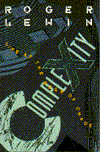

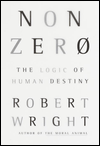

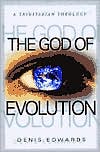

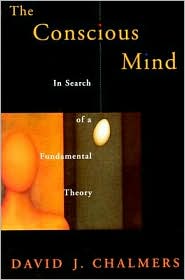
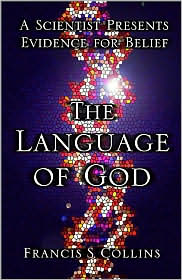


0 Comments:
Post a Comment
<< Home